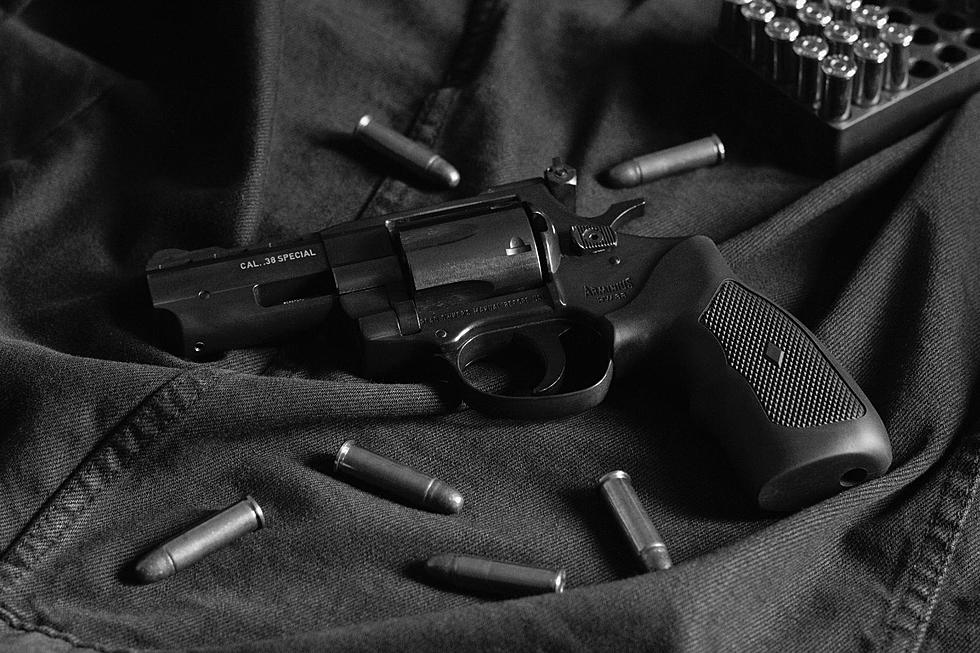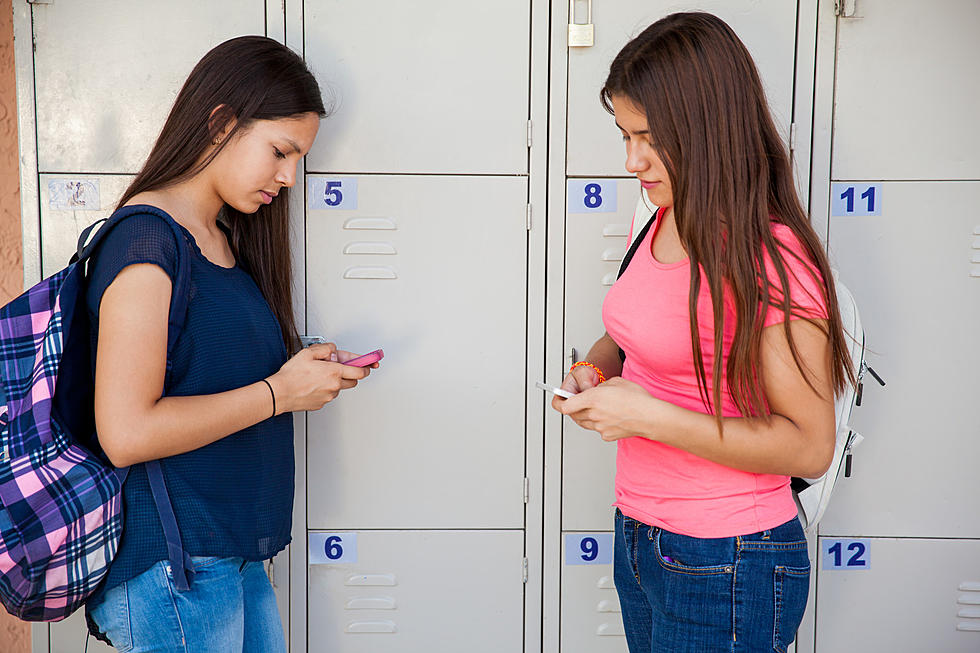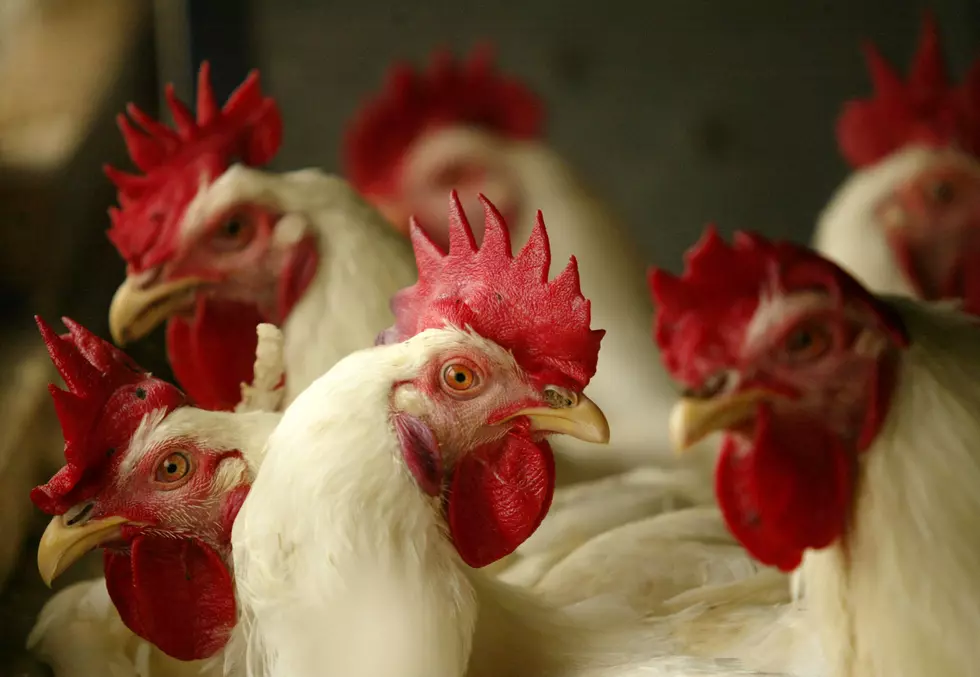
Texas Tax-Free Weekend 2017 – Here’s What You Should Know
Summer is nearing an end which means many families are preparing their back to school shopping lists. In an effort to help ease the financial burdens of sending children back to school, Texas Legislature has created an annual sales tax holiday weekend, which is set for August 11-13 this year, despite what Google may tell you.
As in previous years, items exempt from sales and use taxes during the tax holiday include most clothing, footwear, school supplies and backpacks priced under $100. Which means you could save about $8 on every $100 you spend, according to the Texas Comptroller's office This sales tax exemption also includes items sold online. Layaway plans can also be used again this year to help families take advantage of the sales tax holiday.
Here are some important details regarding the sales tax holiday exemptions that you should know. Via the Texas Comptroller:
Clothing and Footwear
The exemption applies to each eligible item that sells for less than $100, regardless of how many items are sold on the same invoice to a customer. For example, if a customer purchases two shirts for $80 each, then both items qualify for the exemption, even though the customer's total purchase price ($160) exceeds $99.99.
The exemption does not apply to the first $99.99 of an otherwise eligible item that sells for more than $99.99. For example, if a customer purchases a pair of pants that costs $110, then sales tax is due on the entire $110.
The exemption also does not apply to sales of special clothing or footwear that the manufacturer primarily designed for athletic activity or protective use and that is not normally worn except when used for the athletic activity or protective use for which the manufacturer designed the article. For example, golf cleats and football pads are primarily designed for athletic activity or protective use and are not normally worn except for those purposes; they do not qualify for the exemption. Tennis shoes, jogging suits and swimsuits, however, are commonly worn for purposes other than athletic activity and thus qualify for the exemption.
The sales tax holiday exemption does not extend to rental of clothing or footwear; nor does it apply to alteration (including embroidery) or cleaning services performed on clothes and shoes. Additionally, tax is due on sales of accessories, including jewelry, handbags, purses, briefcases, luggage, umbrellas, wallets, watches and similar items.
Backpacks
A backpack is a pack with straps one wears on the back. The exemption includes backpacks with wheels, provided they can also be worn on the back like a traditional backpack, and messenger bags.
The exemption does not include items that are reasonably defined as luggage, briefcases, athletic/duffle/gym bags, computer bags, purses or framed backpacks. Ten or fewer backpacks can be purchased tax-free at one time without providing an exemption certificate to the seller.
School Supplies
Texas families also get a sales tax break on most school supplies priced at less than $100 purchased for use by a student in an elementary or secondary school.
If the purchaser is buying the items under a business account, the retailer must obtain an exemption certificate from the purchaser certifying that the items are purchased for use by an elementary or secondary school student. "Under a business account" means the purchaser is using a business credit card or business check rather than a personal credit card or personal check; being billed under a business account maintained at the retailer; or is using a business membership at a retailer that is membership based.
Layaway and Rainchecks
Layaways:
A sale of a qualifying item under a layaway plan qualifies for exemption if the customer places the qualifying merchandise on layaway during the holiday or makes the final payment during the holiday.
Rainchecks:
Eligible items that customers purchase during the holiday with use of a rain check qualify for the exemption regardless of when the rain check was issued. However, issuance of a rain check by a seller during the holiday period will not qualify an eligible item for the exemption if the item is actually purchased after the holiday is over even if the rain check is presented at the time of purchase.
More From Newstalk 1290


![Bullet Grazed Border Patrol Agent’s Head During School Shooting [PHOTOS]](http://townsquare.media/site/34/files/2022/05/attachment-Screen-Shot-2022-05-26-at-12.27.42-PM.jpg?w=980&q=75)






